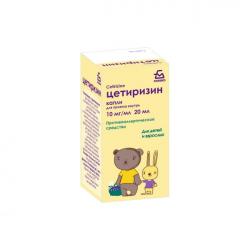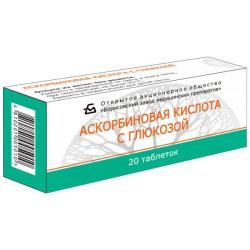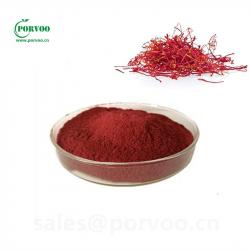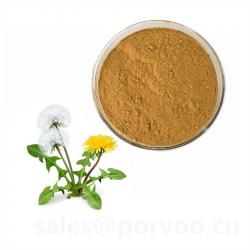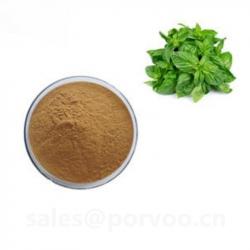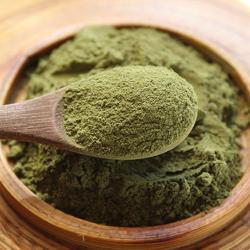Dietary Supplement "White Pill" at wholesale
Negotiated Price
Dietary supplement
Release form
10 tablets in blister packs, 1, 2 or 3 blister packs in a pack.
Structure
Each tablet (700.0 mg) contains:
active ingredients: silicon dioxide anhydrous colloidal - 210.0 mg, microcrystalline cellulose - 441.7 mg;
excipients: croscarmellose sodium, stearic acid, potato starch.
Anhydrous colloidal silicon dioxide has a high sorption capacity (the amount of a substance that can absorb a sorbent per unit mass).
It binds by adsorption and removes from the body:
- toxins coming from outside (including the waste products of pathogenic microorganisms, food and bacterial allergens, microbial toxins, chemicals);
- toxic products that are formed in the body (during the breakdown of proteins in the intestine);
- excess gastric juice and hydrochloric acid formed in the stomach, and gas in the intestines.
It promotes transport from the internal environment of the body (blood, lymph) to the gastrointestinal tract and the elimination of various toxic products, including:
- alkaloids, glycosides, salts of heavy metals, organophosphorus and organochlorine compounds, barbiturates, ethyl alcohol and its metabolic products;
- biologically active substances associated with the processes of allergies and inflammation (prostaglandins, serotonin, histamine);
- protein metabolism products (urea, creatinine, residual nitrogen), lipids.
Anhydrous colloidal silicon dioxide helps to reduce the metabolic load on detoxification organs (primarily the liver and kidneys), eliminate imbalances in biologically active substances in the body, correct metabolic processes and immune status, improve lipid metabolism, such as cholesterol, triglycerides and general lipids.
Microcrystalline cellulose is a dietary fiber isolated from plant fiber, similar in its properties to natural cellulose, which is a natural component in food products. Microcrystalline cellulose, like other dietary fibers, acts on the human body in two ways: sorption and mechanical. Microcrystalline cellulose is insoluble in water and is not digested in the human digestive tract.
Microcrystalline cellulose absorbs heavy metals, free radicals, microbial toxins, and decay products from the body and binds excess gastric juice and hydrochloric acid in the stomach, bile acids, bilirubin, cholesterol in the intestine, thereby reducing the aggressiveness of gastric juice and bile.
In the small intestine, microcrystalline cellulose mechanically cleans its mucous membrane, which leads to an improvement in parietal digestion and intestinal absorption function. After taking microcrystalline cellulose, the absorption and assimilation of food, drugs, vegetables and fruits becomes more complete.
Irritating the intestinal receptors, microcrystalline cellulose enhances its motility, thereby eliminating stagnation of the food lump (chyme).

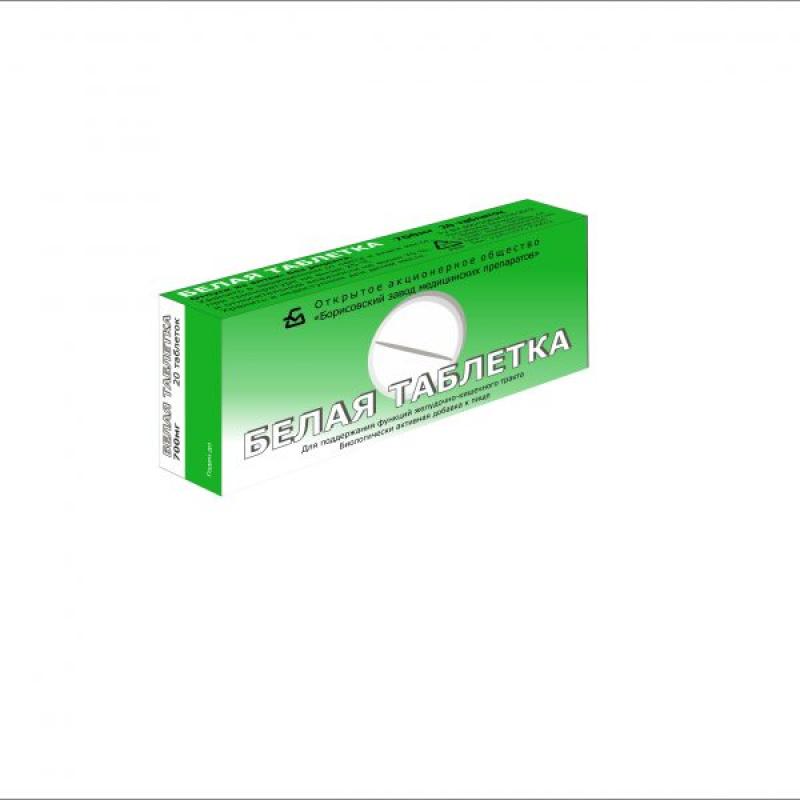
 Belarus
Belarus
